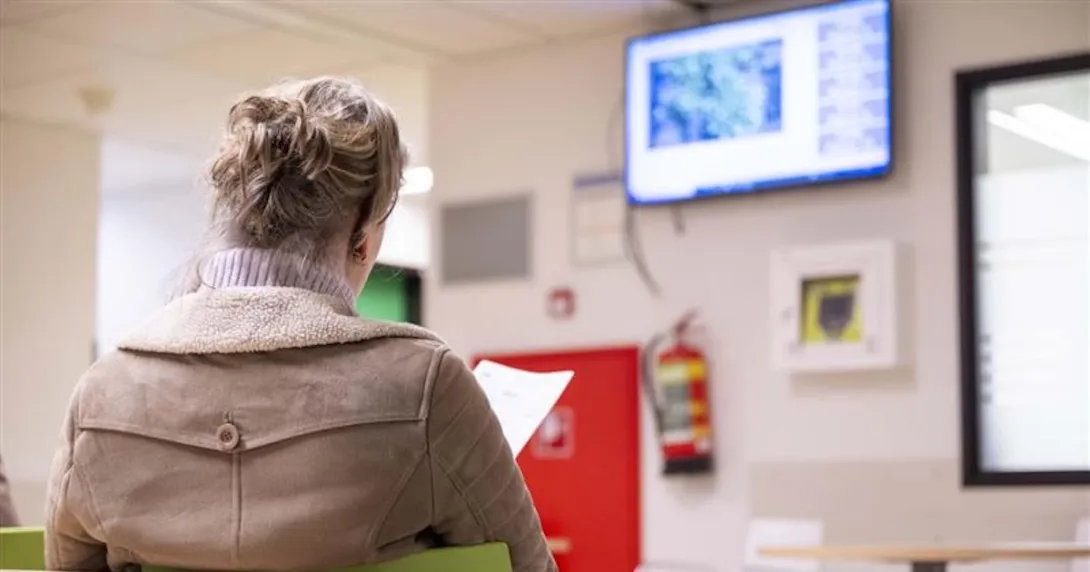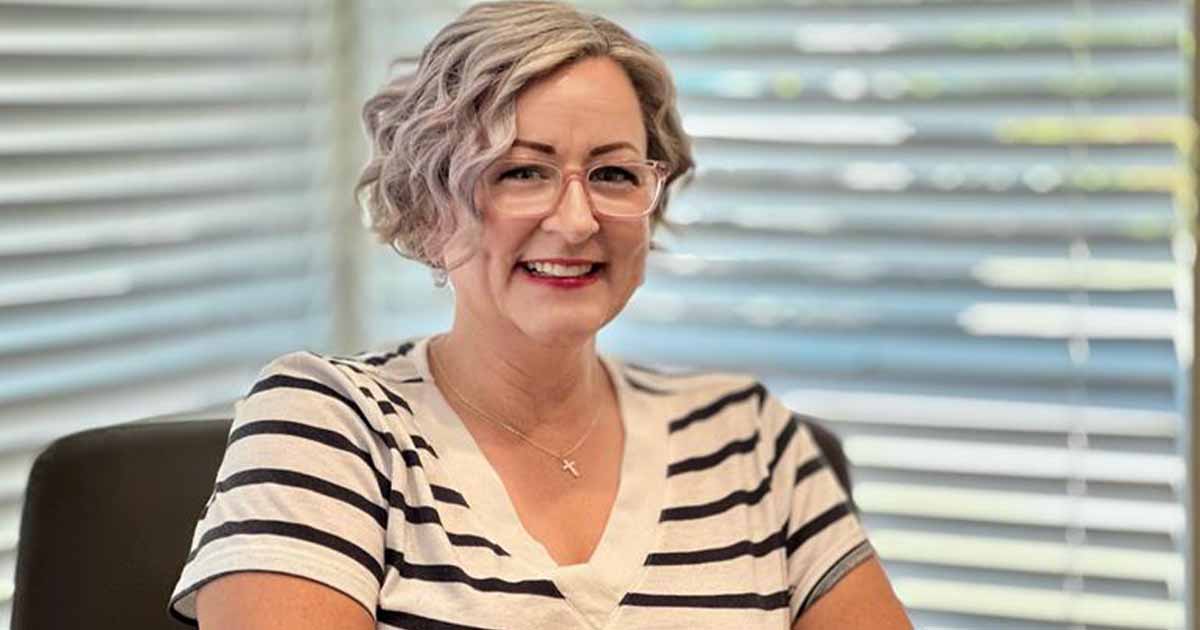Clinicians praise the time savings and productivity boost from voice systems being installed as part of the Emirates’ ’Wareed’ project
To curb a common cause of faulty healthcare – “use of the pen” – hospitals in the United Arab Emirates (UAE) have turned to voice technology, a move welcomed by clinicians.
“This is a good system and can be helpful for many aspects of what we do,” says Dr Somaya Abdullatif Al Zaraooni, Head of the Pediatric Department at one of the region’s main hospitals, Al Qassimi.
Doctors like her in not just pediatrics but also radiology, pathology, emergency, registration and surgery are using a system that allows them to dictate their medical notes direct into support systems - bypassing the need for what could often prove to be a time-consuming and error-prone process where non-experts had to type up their information. So far 200 specialists at three hospitals have been equipped with the package.
Users report that report-writing, a vital medical process that had been taking weeks from seeing a patient or analyzing a scan to full completion can now, thanks to automation, take only hours or even minutes.
In particular, speech recognition has been praised as surprisingly early to learn – training has been delivered in most cases in well under an hour – as well as delivering high quality and accurate transcription, partly down to a comprehensive internal database of specialized terms. Users have also welcomed the fact that the system is perfectly able to cope with their ‘Arabic English’ accents.
“Use of speech recognition has changed my working life dramatically,” claims Dr Hatem Abu Abbass, Head of Medical Diagnostic Imaging at the same hospital. “I used to work at the weekend to catch up with reports. Now, I can generate five reports by just getting in fifteen minutes early.”
Speech recognition – a key component of the Wareed set of desirable technologies
Al Qassimi is also one of the main sites of the Wareed program – an ambitious drive to offer technology-led healthcare improvement to radically improve quality of care in the UAE. The vision is to eventually connect 15 main hospitals and 68 affiliated clinics, plus a number of other facilities, in Dubai and the area’s Emirates to provide all public sector health centers with a set of up to date health information systems, a new platform based around the Cerner Millennium electronic patient record (EPR) platform. Wareed, supported by high speed data infrastructure and a set of new data centers, is sponsored by the region’s Ministry of Health. Speech recognition is seen as a key component of the Wareed set of useful healthcare technologies.
The supplier of the technology is speech market leader Nuance, whose Healthcare division helped adapt its Dragon Medical package for Wareed use. The system was then delivered and is being supported on the ground by the vendor’s local implementation partner, Emerging Technologies, which also oversees training.
“Nuance is providing simple, accurate and specific support for our clinicians, especially with its specialized vocabulary and abbreviations we use,” notes Wareed Project Manager Mohamed Nabeel AlDoy.
AlDoy also welcomes the quality boost provided by the Nuance system by its neat way of getting rid of a classic issue with medical communication – impenetrable doctor handwriting! “So many pharmacists struggle to fully understand handwritten instructions,” he points out.
Though it’s early days – the technology was deployed summer 2012 – both doctors and Wareed leaders see great potential in speech going forward, possibly even getting to the point where patients can also start communicating with their carers using speech over smartphones.
Nuance Healthcare and Emerging Technologies will be present at Arab Health at the Dubai International Convention and Exhibition Centre from 28-31 January 2013 (Saeed 1, stand S1D70).


